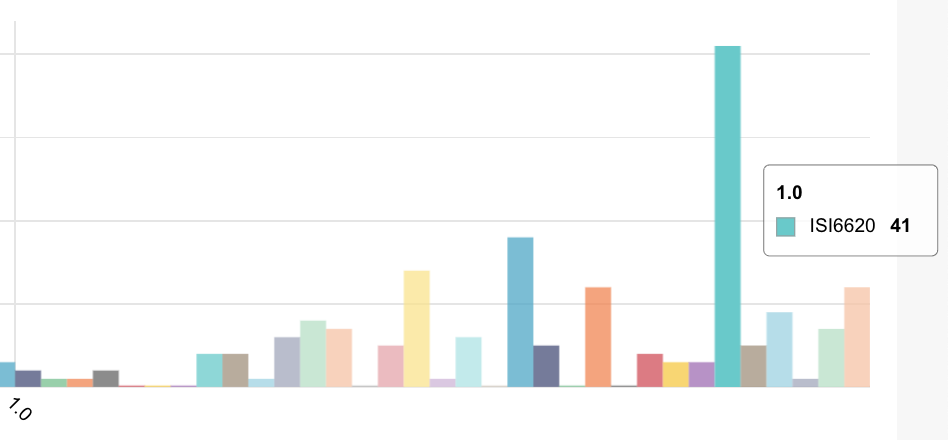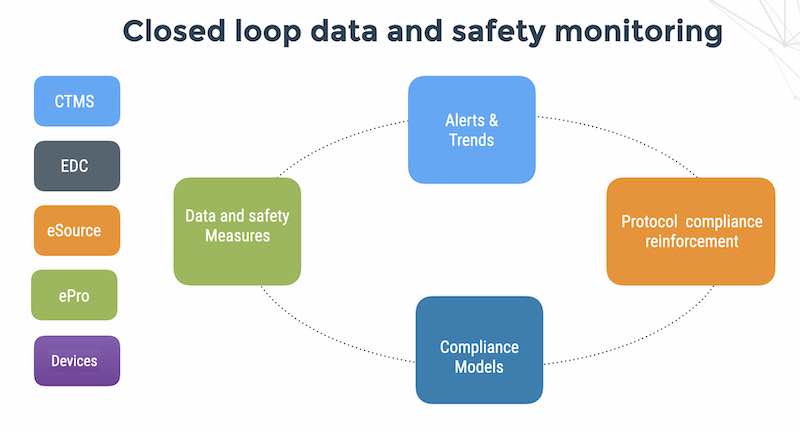switched.com is having trouble understanding the attack vector of a data breach. They apparently believe that software vulnerabilities can be mitigated by consumers “actively protecting their information”.
Hackers recently attacked WellPoint, a health insurer which reportedly covers 34 million people. As a result of the breach, the company notified 470,000 individual customers that confidential information, including medical records and credit card numbers, may have been compromised. It’s imperative that consumers actively protect their information (sic), because cyber-criminals have accessed at least 358,400,000 records belonging to U.S. citizens over the past five years. [From: CBS News]
I recommend treating passwords like cash, but give me a break. If over 350 million credit card records have been breached, then active protection measures are useless since your credit card is already disclosed.
Together with gems of security naiveté in the American press, we can add another round of US-European political infighting over who has a bigger schlong.
The Solvency II European insurance supervision directive is “not as comprehensive and transparent” as US regulation, according to New York’s state insurance regulator. Jim Wrynn, superintendent of the New York State Insurance Department, also criticised efforts by stakeholders in the process of the European regulatory overhaul to deny equivalence status to the US while its state-based regulation remains in place…Wrynn was critical of (the Solvency II) approach, and described the current US model as “a well-tested and comprehensive regime”. [From: risk.net]
I suppose that AIG and Wellpoint don’t count.





